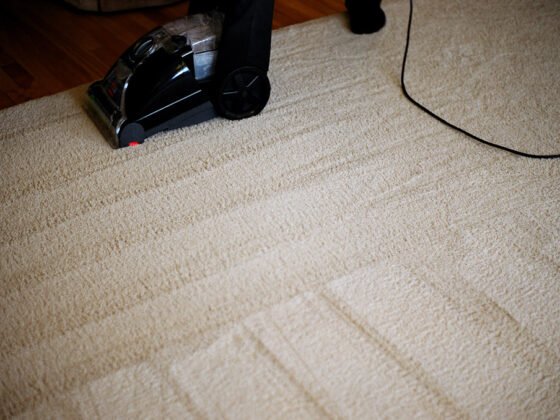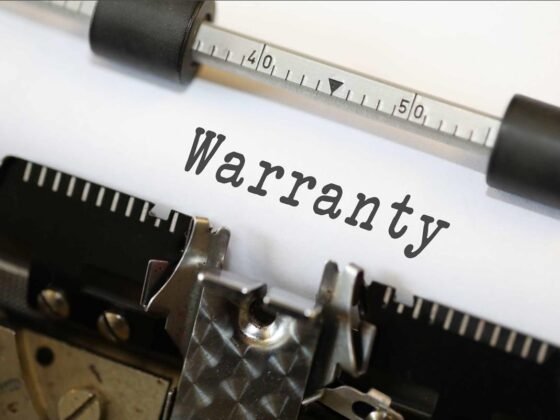Table of Contents Show
A tankless water heater is among the most demanding home appliances when it comes to energy consumption.
According to the California Energy Commission, water heaters are responsible for 25 percent of a home’s utility costs.

Their electric counterparts are cheaper than their gas/fuel counterparts too.
Many factors affect how much electricity that an electric water heater uses, including its size, age, and model, whether it is electric or gas, what temperatures it runs at, and how much water it heats every day. It also describes how much water costs per month.
By calculating the price per kWh by multiplying it by the amount of time the heater is kept on, you can adjust the price in accordance with the amount of power your heater consumes then divide by 1,000.
A hot water heater using a tank is usually used for 3 to 5 hours daily. Based on the $0.10 rate per kWh used for the 3 hours a day, the heater would cost $1.20 per day or $36.50 per month; 438 per year.
How Many Watts Does A Tankless Water Heater Use?
A top electric tankless water heater is certainly an essential component to own since it makes it possible to enjoy hot showers during the cold season, take hot baths, and do all our washing while using warm water.
Electric tankless water heaters typically display their wattage on the label, which is attached to the side of the unit.
Typically a device will use up to 240 volts of power, so it will usually have two elements. So you will be viewing two values for wattage, which is for each of the elements.
The majority of households cannot afford to use 120-volt models because of their longer recovery times.
The 120-volt heaters draw 1,125 watts while the domestic 4-500 watt heaters utilize 240-volts.
Whenever the device is equipped with two elements, homeowners assume that they must increase their wattage to ensure that the maximum amount of energy is utilized.
Actually, this isn’t correct since both elements are happening at the same time.
Devices with 2 elements and a label stating 4,500 watts per element will only consume 4,500 watts or the maximum, not 9,000 watts.
Let Us Discuss How These Heating Units Affect Our Energy Bills
Electric tankless heaters are an essential component in any household since they make it possible to take hot showers in the cold season, take warm baths, and do all our laundry in hot water.
Nevertheless, they consume a considerable amount of energy, which makes using them costly; therefore, learning how heating appliances affect our energy expenditures will help us cut down our heating expenses especially in terms of water heater costs.
Heaters are rated by their Energy Factor, also known as EF, and the higher that number is, the more valuable the heater is.
The EF rating describes the amount of hot water produced by these devices every day for every unit of fuel consumed every day. The range of EF for these devices ranges from 0.75 to 0.95.
Read Also:
Your Home’s Electric Service May Need to Be Upgraded
The home improvement stores usually fail to inform their customers that tankless electric heaters typically require a higher voltage electrical system.
During the installation of a water heater equipped with 4,500-wattage, a #10 wire, and circuit breaker of 30 amp are needed.
Four 7,000-watt elements are used on a whole-home tankless water heater, which generates 28,000 watts of energy.
For a conventional tank water heater, this load demands wire along with a circuit breaker that can control at least 120 amps, which is much more expensive.
This additional load will also require a more expensive and larger main panel and meter loop for your home.
Generally, you should check with your service provider or a licensed electrician to find out whether your house needs upgrading. Also, look for reliable tankless water heater repair services to ensure its functionality.
Ye line add krva ni h
The installation of a tankless heater in an old home or adding a tankless heater in a home-refurbished project can be very costly, particularly compared to installing one in a new home.
An electric current flowing through a high resistance conductor can significantly affect voltage levels.
When a water heater is fixed in an existing house without a significant electric upgrade, the power supply may drop and become unstable, resulting in dimming or flashing lights and other issues.
It is for this reason that some customers with co-op service reported in-home 28-kW units with 150-amp service on 10-kW transformers are experiencing flickering lights. But to save electricity tankless heaters are inevitable.
Gas Tankless vs. Electric Tankless
Gas tankless water heater generally do not require the same upgrades to a home’s basic services as electric tankless water heaters.
The electrical load may rise once the tankless water heater starts heating up, causing the igniter to fire.
Some units may need electricity for the power exhaust vent to function properly as venting is crucial for indoor tankless water heaters.
Although electricity consumption is higher, it is still lower than in the case of electric-powered counterparts.
When heating water, gas models require no more than a few amps at 120V.
Conclusion
The US Department of Energy claims tankless water heaters provide up to 24% to 34% greater efficiency than Conventional tank heaters that utilize less than 41 gallons of hot water, or as much as 8 to 14 percent more efficiency in residential houses with up to 86 gallons.
Remember, however, that they will usually cost more to purchase, which means some of the energy savings will be offset by having to modify your wiring.










